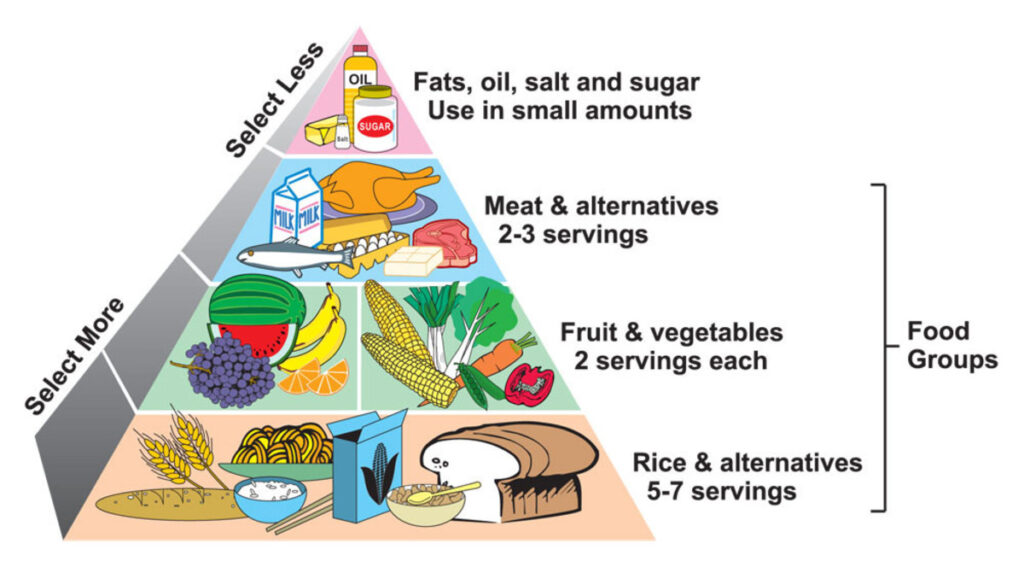Fertility diet: What foods to Consume if trying to get pregnant
Foods to Consume to Boost Fertility
Infertility is a common issue that affects many couples trying to conceive. Understanding the role of nutrition in fertility can help to improve your chances of getting pregnant. Let's learn the common causes of infertility, how nutrition influences fertility and the foods to consume if trying to get pregnant.
Common Causes of Infertility
Infertility can be caused by a variety of factors, including:
- Hormonal imbalances
- Age
- Lifestyle choices such as smoking and excessive alcohol consumption
- Medical conditions like polycystic ovary syndrome (PCOS) and endometriosis
How Does Nutrition Influence Fertility?
Nutrition plays an important role in maintaining overall health and can influence fertility. A balanced diet can help regulate hormones, improve egg and sperm quality and support a healthy pregnancy.
Do Fertility-Boosting Foods Really Exist?
While no single food can guarantee pregnancy, certain foods can support reproductive health. These foods are rich in essential nutrients that boost fertility. Let's look at some key nutrients and the foods that contain them.
The Importance of Iron and Folic Acid in Fertility
Iron and folic acid are vital for fertility. Iron helps prevent anemia, which can affect ovulation, while folic acid is essential for preventing birth defects and supporting early fetal development.
Foods rich in iron and folic acid include:
- Spinach
- Lentils
- Fortified cereals
- Lean meats
Are You Eating Enough?
Eating enough nutrient-dense foods is essential for maintaining a healthy weight and supporting fertility. Both underweight and overweight conditions can impact fertility, so it's important to aim for a balanced diet.
What foods to Consume to Get Pregnant
When trying to conceive, focus on consuming foods that support reproductive health. Here are some fertility-boosting foods:
- Leafy Greens: Rich in folic acid and iron.
- Berries: Packed with antioxidants.
- Nuts and Seeds: Good sources of healthy fats and zinc.
- Whole Grains: Provide fiber and essential nutrients.
- Dairy Products: High in calcium and vitamin D.
- Fatty Fish: Rich in omega-3 fatty acids.
Foods to Limit While Trying to Conceive
Certain foods can negatively impact fertility and should be limited. These include:
- Processed Foods: Often high in unhealthy fats and sugars.
- Caffeine: Excessive caffeine intake can affect hormonal balance.
- Alcohol: Can interfere with hormone production and reduce fertility
Food List for Vegans
For those following a vegan diet, it's important to include a variety of nutrient-rich foods to support fertility. Here are some vegan-friendly options:
- Legumes: Beans, lentils, and chickpeas.
- Nuts and Seeds: Almonds, chia seeds and flaxseeds.
- Leafy Greens: Kale, spinach and Swiss chard.
- Whole Grains: Quinoa, brown rice and oats.
- Fortified Plant Milks: Almond milk, soy milk and oat milk.
- Fruits and Vegetables: Berries, citrus fruits, avocados and sweet potatoes.
Focusing on a balanced diet and consuming nutrient-dense foods can improve your chances of conceiving. Remember to include a variety of foods to consume if trying to get pregnant and avoid those that can hinder fertility. By making these dietary changes, you can support your reproductive health and increase your chances of a successful pregnancy.

